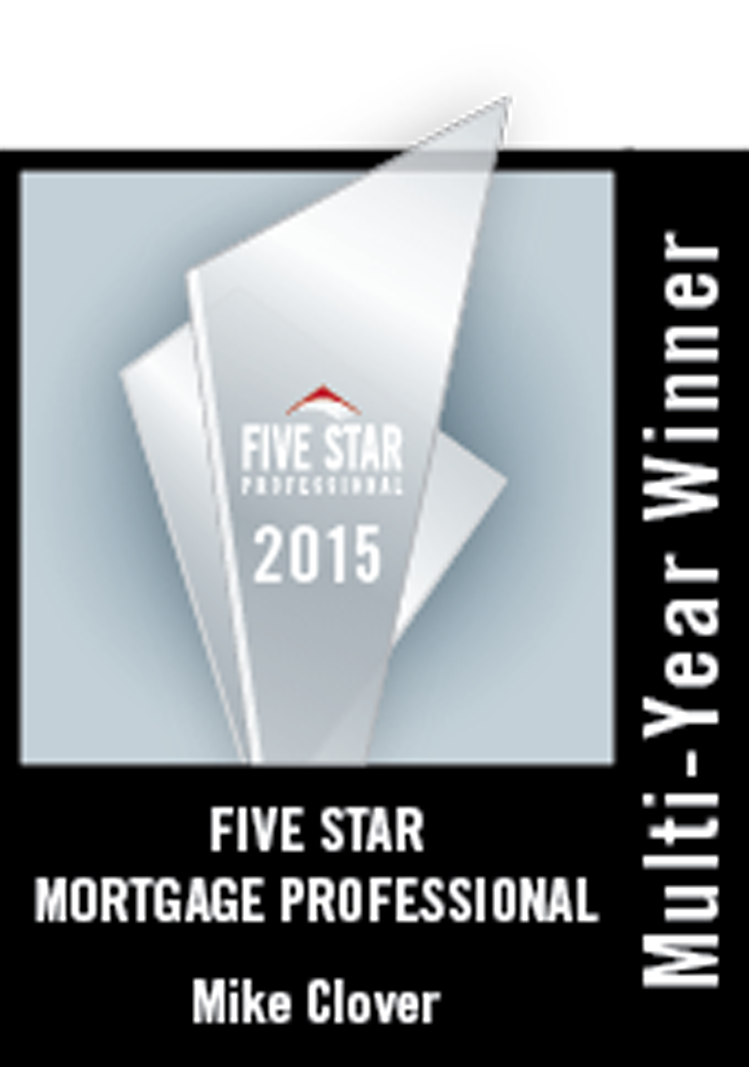
First, what is a home equity investment (HEI)? Also known as a Home Equity Sharing Agreement, it is a way for a cash-strapped homeowner with shaky credit to turn some of his or her home equity into cash.
The homeowner can get cash without taking on additional debt. However they do come with high fees and a loss of home equity.
When you enter into a home equity investment, you allow an investment company to buy a portion of your home’s equity in exchange for cash. These investments are liens, not loans, and they are sold for a percentage of equity, rather than cash.
Generally these agreements last for 10 to 30 years – or until the house is sold. If it is not sold, the homeowner will be liable to pay back the original lump sum, plus the agreed upon percentage of any appreciation in the home’s value.
If the homeowner doesn’t have the cash and cannot get a loan for repayment, the investor can force the sale of the house.
When homes are appreciating significantly, the homeowner could owe the investor 2 or 3 times the original investment at the end of the contract period. Smart homeowners do go into these agreements with a set cap on the annual appreciation that the investor can earn.
The homeowner is taking a risk of owing far more than expected. However the equity buyer is also taking a risk, because at the end of the agreement, the home could have lost value.
Pros and Cons of a Home Equity Investment
The most significant pro is being able to access cash immediately, even with bad credit. This can be attractive to homeowners who are real estate rich and cash poor, with a credit score too low to qualify for a home equity loan. (620 is generally the bottom limit).
Self-employed homeowners and those with a high debt-to-income ratio might also find a Home Equity Investment to be their best option, since there are no monthly payments.
On the downside, taking on a HEI means pre-selling a percentage of your home’s equity – and future equity. Barring a real estate market crash, you will be paying back more than the lump sum you received.
If you’re a homeowner with options, doing the math might be a good idea.
Doing a simple comparison without considering fees for either type of transaction, let’s look at how the numbers might add up.
Let’s say your home is worth $300,000. If you sell 15% of your equity, you’ll receive $45,000. If your repayment is due in 10 years and the house appreciates by 5% per year, it will be worth $488,668. In other words, it will have gained $188,668 in value. 15% of that would be $28,300. Therefore, you would owe the investor $73,300 (the original $45, plus $28,300).
Had you taken out a home equity loan for $45,000 at 8%, your monthly payment would have been $546. 120 payments at $546 would equal $77,520, so the Home Equity Investment would have cost less.
Unfortunately, we don’t know how much a home will appreciate in 10 years, and the rate a homeowner could get on a home equity loan would depend on credit scores, debt to income, and all the rest. Again, a ceiling on the investor’s income percentage would help protect the homeowner’s interest.
Another con is that your present mortgage holder might not allow you to enter into a HEI, or they might assess a penalty for doing so. They could also invoke their acceleration clause and require immediate payment in full.
Therefore – before you consider this option, do read your mortgage contract carefully.
If you’d like to talk it over with a knowledgeable loan officer, call us.
We at Homewood Mortgage, the Mike Clover Group, will be glad to sit down with you and examine your options.
Call us today at 800-223-7409








